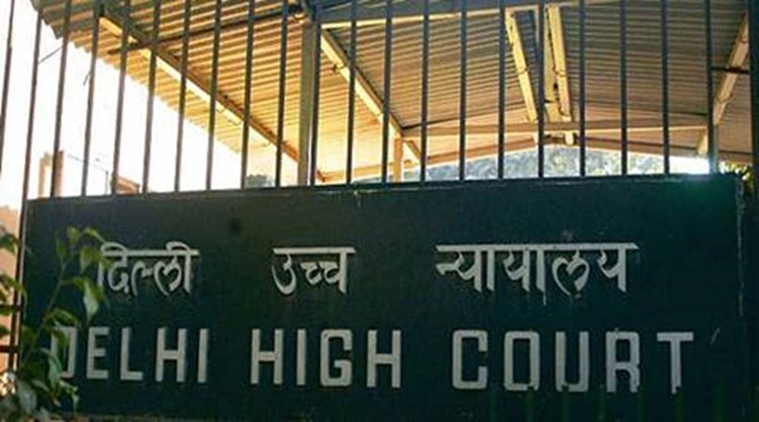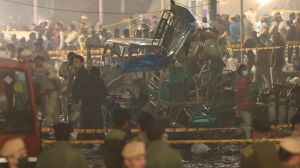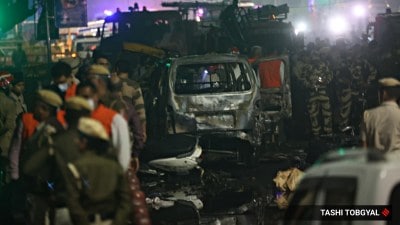Stay updated with the latest - Click here to follow us on Instagram
Add murder charge in rape case where victim died: Delhi HC
Justice Vinod Goel said as per the precedent set by the Supreme Court, punishment alone could not be the deciding factor in determining if the offence was minor.
 Justice Vinod Goel said as per the precedent set by the Supreme Court, punishment alone could not be the deciding factor in determining if the offence was minor.
Justice Vinod Goel said as per the precedent set by the Supreme Court, punishment alone could not be the deciding factor in determining if the offence was minor.
Stating that the order of a fast track court in a rape-cum-murder case was “whimsical, illegal, perverse and spoke of non-application of judicial approach,” the Delhi High Court has directed the Additional Sessions Judge (ASJ) to frame additional charges under IPC Section 302 (punishment for murder) in addition to Section 376-A (person committing an offence of rape and inflicting injury which causes death or persistent vegetative state).
In September 2015, the ASJ had framed charges against the accused under relevant sections of the IPC, including Section 376-A. However, he had dismissed the application of the state to frame additional charges of murder on the ground that Section 302 was a minor offence with regard to Section 376-A.
The ASJ said the cause of death of the woman — as per the post-mortem report — was due to strangulation and shock because of visceral injuries, and blood loss as a result of insertion of wooden objects in her private parts. As Section 376-A was a “graver offence”, there was no question of framing an alternate charge under Section 302, the ASJ said.
Following this, the Delhi government moved the High Court which granted it liberty to approach the ASJ for framing of charges. After the trial court dismissed the state’s application as “devoid of any merit in view of its earlier order”, the state filed an appeal.
Justice Vinod Goel said as per the precedent set by the Supreme Court, punishment alone could not be the deciding factor in determining if the offence was minor. To decide whether an offence was minor in relation to another offence, it had to be ascertained if they belonged to the “same genus and species of offences,” the judge said.
Comparing both sections, the judge said to convict a person under Section 376-A , the prosecution had to establish that rape was committed on the victim, and in the course of the act, the accused inflicted injuries which resulted in the victim’s death.
But to hold an accused guilty for murder, intention had to be established. Justice Goel said while the minimum punishment for Section 302 was imprisonment for life, the same under Section 376-A was 20 years. So it could not be said that Section 302 was a minor offence, he said.
The judge said at the time of framing of charges, the court cannot speculate if the accused would be convicted for an offence. “It also cannot presume that some of the ingredients of an offence constitute the ingredients of another minor offence,” the judge said.
Agreeing with the arguments of the additional public prosecutor, Justice Goel said because of the nature of the victim’s injuries and the fact that she had died, it could be difficult for the prosecution to prove the offence of rape.
This would “result in the accused being acquitted altogether, resulting in casualty of justice,” the judge said, adding, “It might be easier for the prosecution to prove murder… given the nature of injuries, medical and last seen evidence.”
Saying that the ASJ had committed “grave error” , Justice Goel directed him to frame an additional charge under Section 302 and “commence trial in accordance with law.”
“It is directed that the trial shall be continued on a day-to-day basis and the ASJ shall conclude the trial within three months…,” the judge said.







